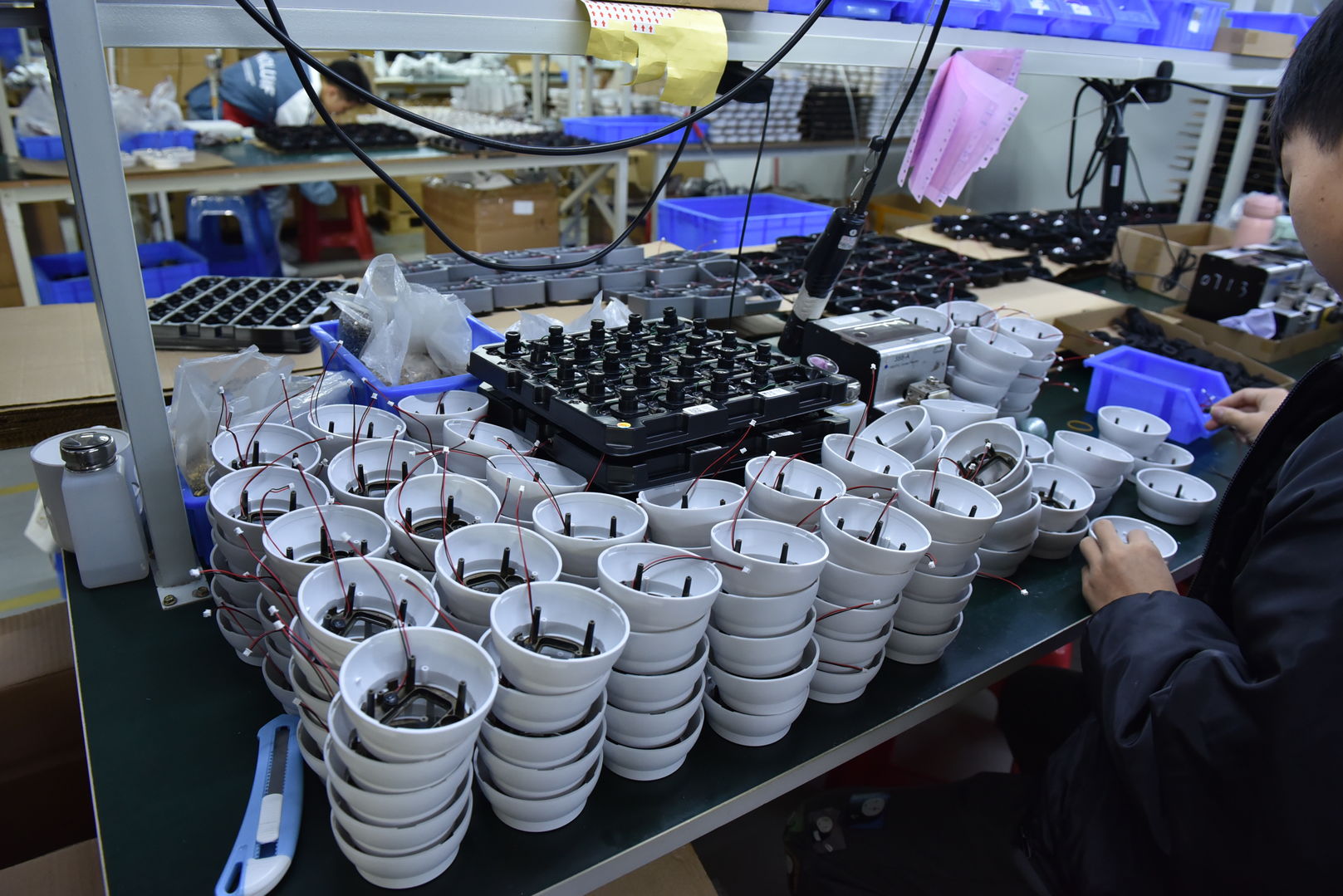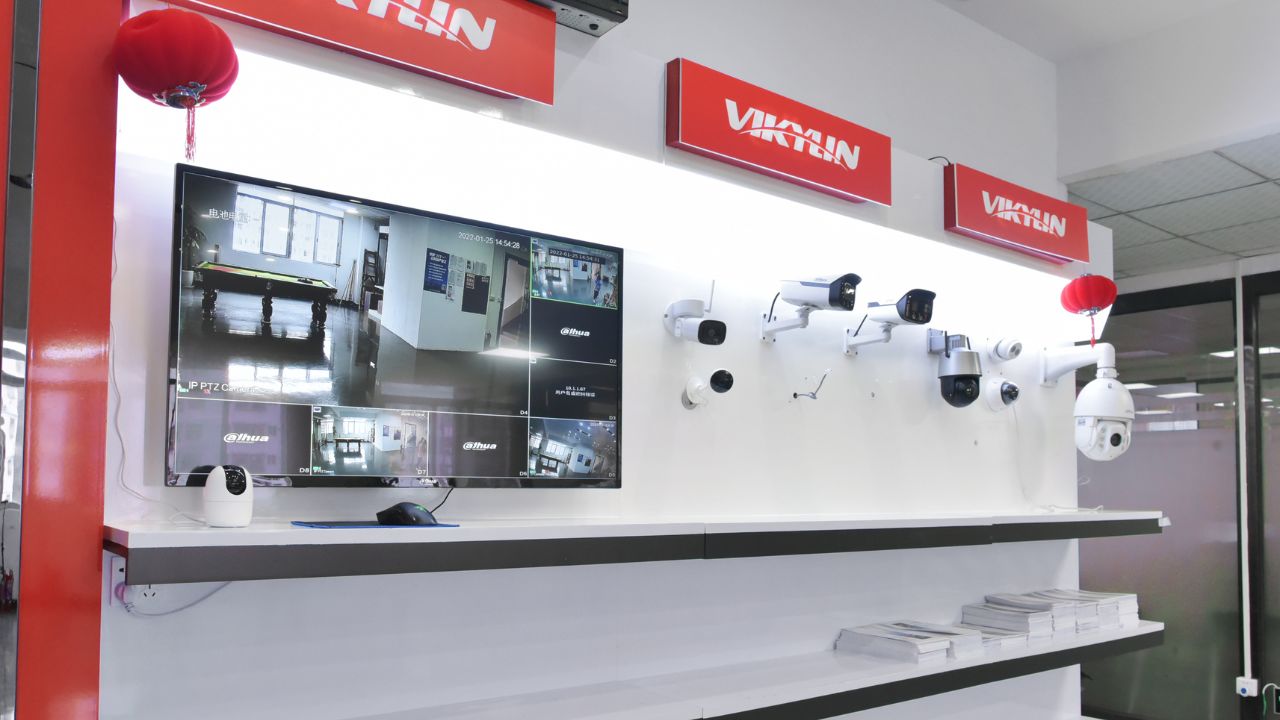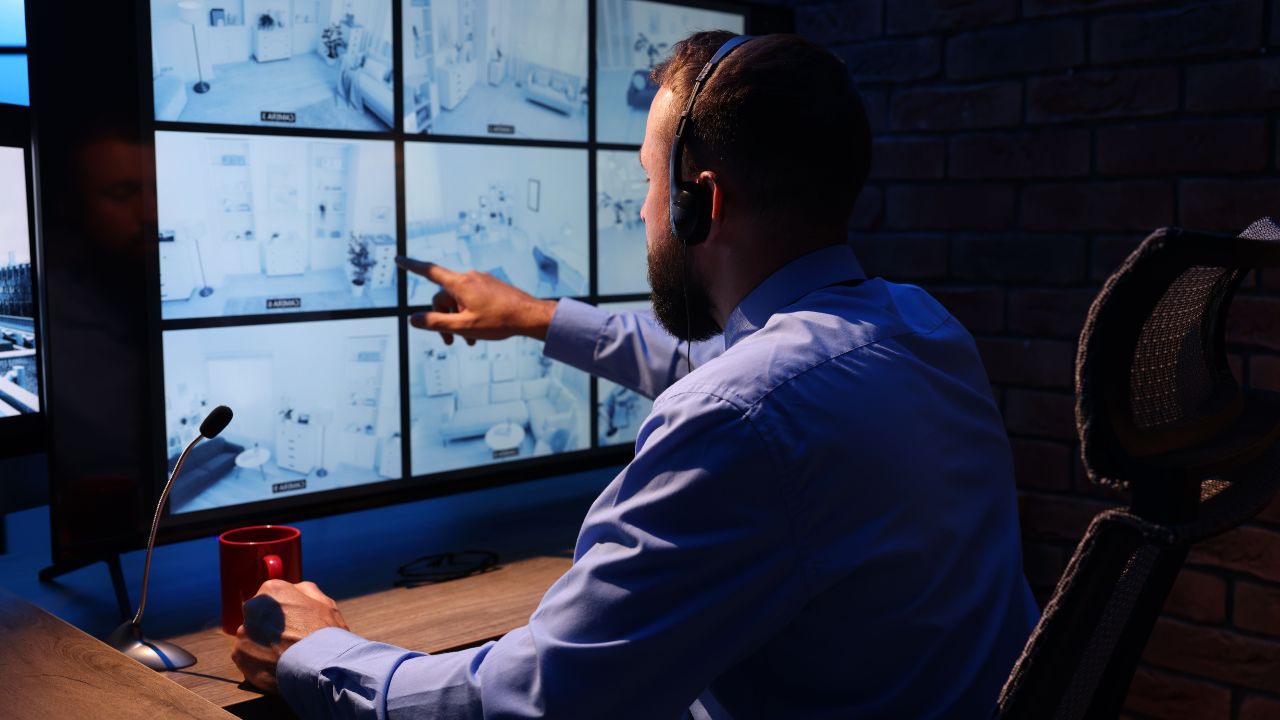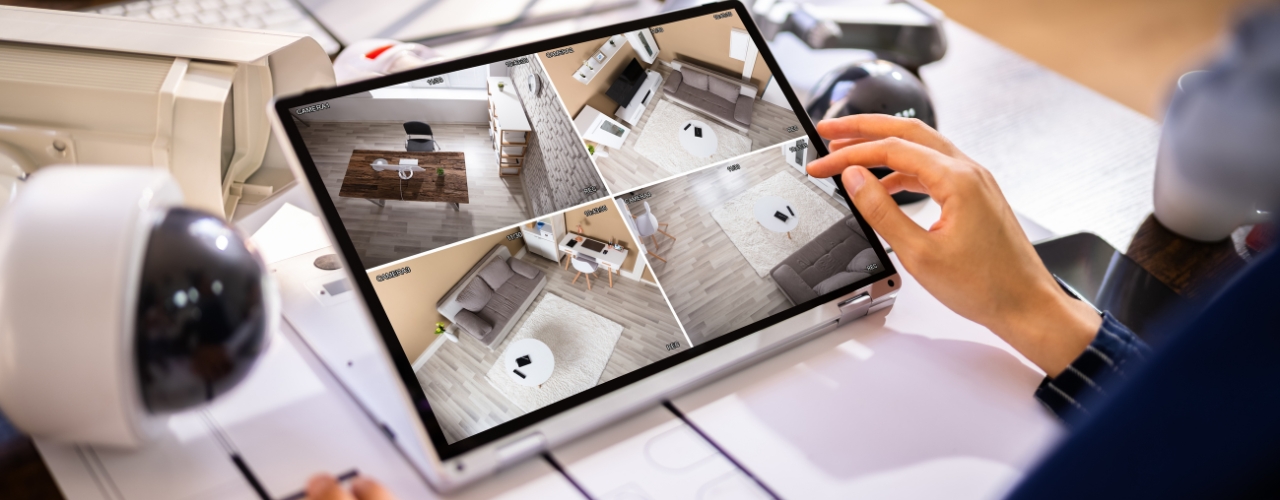Enlist the sun’s help in protecting your home or business.
It’s Easy to Go Green with Solar Panels for Your Cameras.
With the sun providing an endless supply of free energy, solar powered outdoor camera deliver round the clock surveillance of your home or business. You can connect an solar panel to most of our cameras, and many people have found it convenient to do so. Here are three reasons to add a outdoor solar camera to your security system today:

1. Easy Wire-free Installation Almost Anywhere.
All solar panels need is direct sunlight to power your home security camera season after season. There’s no need to connect the camera to your electrical system since the battery is automatically recharged by the sun. This not only removes the hassle of extra handy work, but it means you can use the camera in remote locations where power isn’t available, like undeveloped land, a dock, jobsite, or motorhome.
If you’re installing the camera in a remote location, remember that WiFi may not be available. You’ll want to pair your solar panel with a camera that can connect to a cellular network.
2. Hassle-free Maintenance.
Without needing to be physically on-site to replace or recharge a battery, solar panels give you greater flexibility in protecting your valuables from afar. You can leave town without worrying about the battery knowing that the solar panel has you covered.
3. They’re an Eco-friendly Security Solution.
Utilizing the power of the sun, solar panels offer a long term solution for keeping your security cameras going. This is all without the need for using electricity from a power outlet. You can invest in the health of the planet and your peace of mind with a cost-cutting solar panel power source.
Solar Panel Placement Tips
The key to keeping your solar cameras for outside running is ensuring the panel is exposed to sunlight.
Consider the following tips to help give your solar panel the most sun exposure:
▶ Position the panel so that trees, branches, leaves, utility poles, or structures don’t block the sun.
▶ Aim for south-facing placement for maximum year-round solar exposure if you’re in the northern hemisphere.
▶ Account for seasonal variances like high snowfall in the winter or new leaves in the spring that can block sunlight.
▶ Avoid locations that may allow anything to anything to accumulate on the panel.







